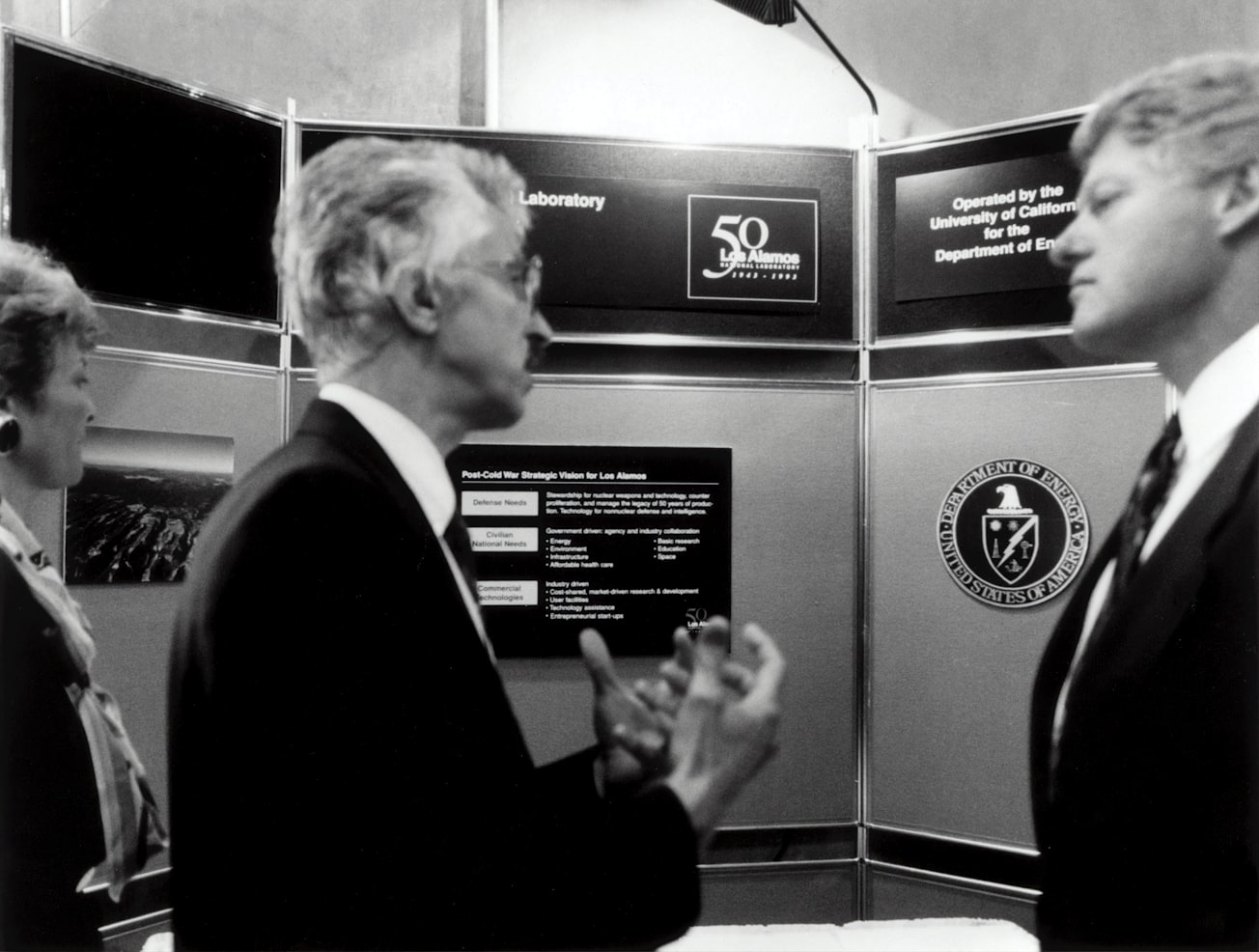What is it about?
This article, through a Foreign Policy Analysis (FPA) perspective, analyses the only longterm foreign policy decision ever made in Colombia.
Featured Image

Photo by Science in HD on Unsplash
Why is it important?
Since FPA portrays a theory of human political choice to analyse foreign policy behaviour, this analysis will specifically focus on Plan Colombia’s decision-makers as a case study using empirical examples. The purpose is to understand the specificity of this foreign policy decision-making process from an unexplored perspective, namely Groupthink theory
Perspectives
How was Plan Colombia created and implemented? Who sat at the decision-making table and why? How were the key decision-making dynamics? Analysing foreign policy decision-making requires an examination of a particular decision unit and, by doing so, provides useful generalisations on the nature of decisions. Although we recognise the importance of previous work on group decision-making, we have yet to identify whether the same dynamics are applicable to non-US cases.
Fabio Sánchez
Universidad Sergio Arboleda
Read the Original
This page is a summary of: Foreign Policy Analysis and the Making of Plan Colombia, Global Society, April 2017, Taylor & Francis,
DOI: 10.1080/13600826.2016.1269057.
You can read the full text:
Resources
Contributors
The following have contributed to this page










